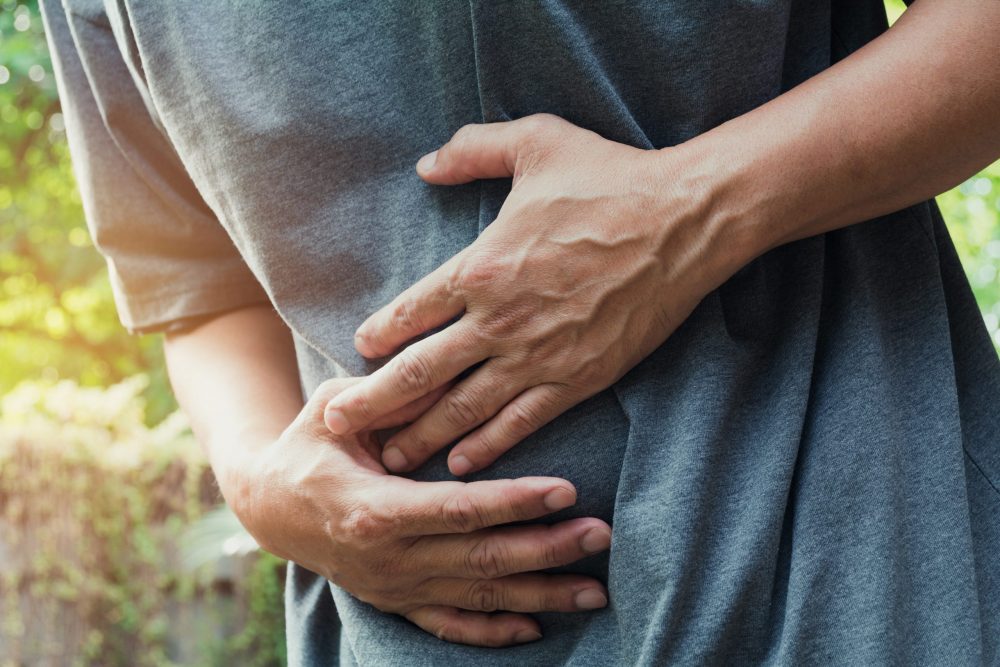A cyst is a sac-like structure typically filled with fluid. These structures can occur in every organ of the body, including the kidneys. Cysts located in the kidneys are referred to as “renal cysts.” Renal cysts can result from genetic or non-genetic causes. They can have an isolated presence or be part of a disease spectrum.
Types of Renal Cysts
Simple Cysts
Simple cysts are commonly found in normal kidneys and account for approximately 65-70% of cases. They could be present as a single cyst or multiple and may include one or both kidneys. They typically produce no symptoms or signs and simple renal cysts rarely require treatment.
Random occurring simple renal cysts may require differentiation from more serious disorders such as polycystic kidney disease (PKD). PKD is a disorder manifested by many cysts and can be inherited due to a genetic abnormality. The same imaging that detected the renal cysts can often be used to establish between isolated cysts and the genetic condition. A family history positive for other members with a similar condition is very important to identify in people with PKD. Genetic testing is also available to establish a diagnosis of PKD.
Autosomal dominant polycystic kidney disease (ADPKD) is the most common type of PDK. It often leads to progressive kidney failure due to the replacement of normal kidney tissue with cysts, hypertension, chronic abdominal pain, kidney infection, blood in the urine and kidney stones. It can also cause disease in other organs, including brain aneurysms, liver cysts, heart valve defects and abdominal hernias.
Once a diagnosis of PKD is established, it is very important to have a close follow-up and discuss measures to slow down the progression of the kidney disease. It may also be important to do genetic tests on other members of the family to diagnose PKD. A medicine called Tolvaptan might help slow down the progression if qualified.
Complex Cysts
Complex renal cysts, however, are associated with an increased risk of cancer. Complex renal cysts require additional testing. If cancer is ruled out, complex renal cysts can still have the potential to become cancerous and will need continued and periodic monitoring.
Symptoms of Renal Cysts
Common symptoms of renal cysts include:
- Pain in the back or side between the ribs and pelvis
- Pain in the upper abdomen
- Frequent urination
- Fever
- Blood in the urine, or dark urine
Causes of Renal Cysts
The cause of renal cysts is unknown, although age is a major risk factor. Other common risk factors for a renal cyst include:
- Gender (simple renal cysts are more common in men)
- Renal dysfunction
- Hypertension
Diagnosis of Renal Cysts
Renal cysts are most commonly diagnosed on imaging such as a kidney ultrasound or a CT scan or MRI when these tests are done to investigate kidney disease or incidentally when evaluating other diseases. It is important to determine if a renal cyst is simple or complex, which can be determined based on their appearance.
Treatment for Renal Cysts
Simple renal cysts that cause no signs or symptoms may not need treatment. However, if your renal cyst changes and causes signs and symptoms, you may need treatment. Common treatment options for renal cysts include:
- Aspiration and sclerotherapy
- Surgery
Contact Us
At The Kidney and Hypertension Center, we provide consultation and ongoing care for the prevention and treatment of kidney-related diseases. Schedule your appointment today.


